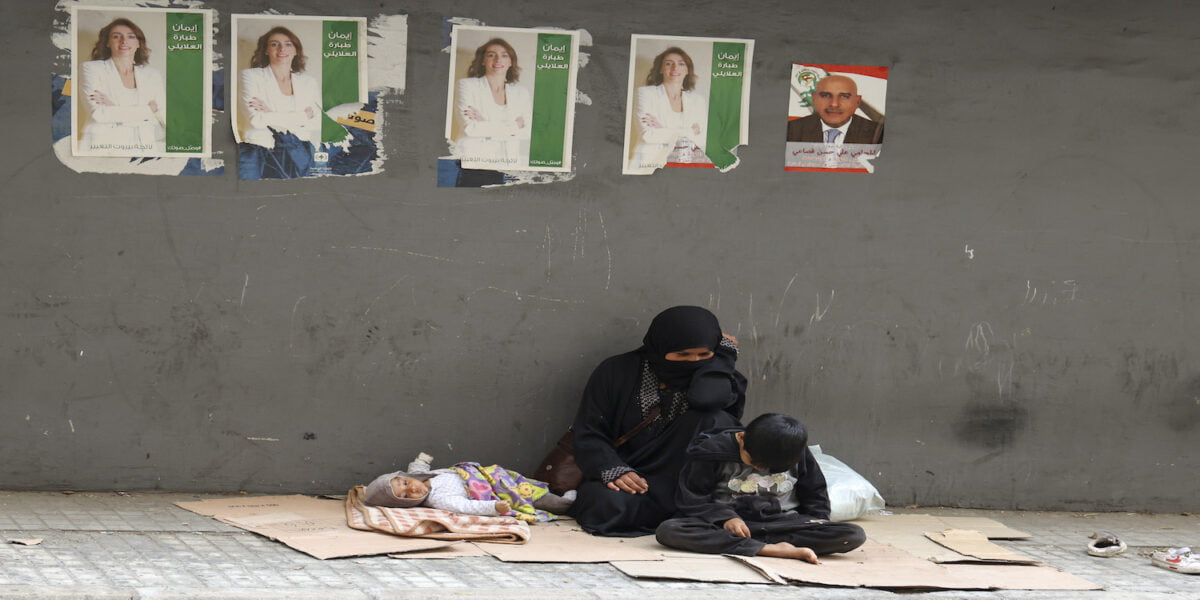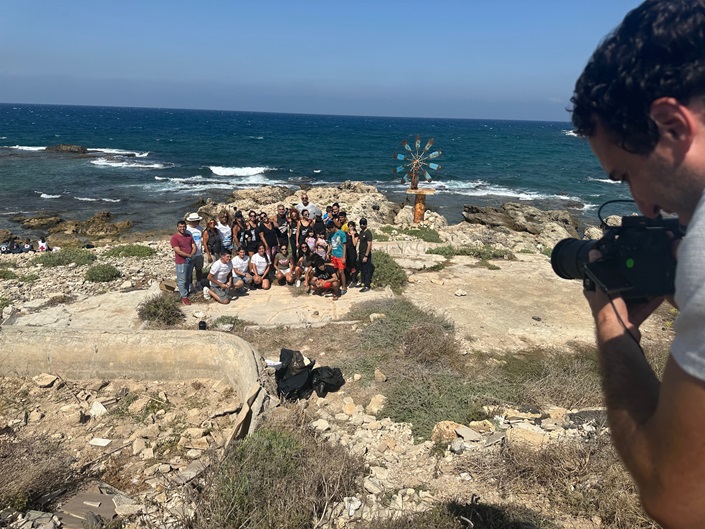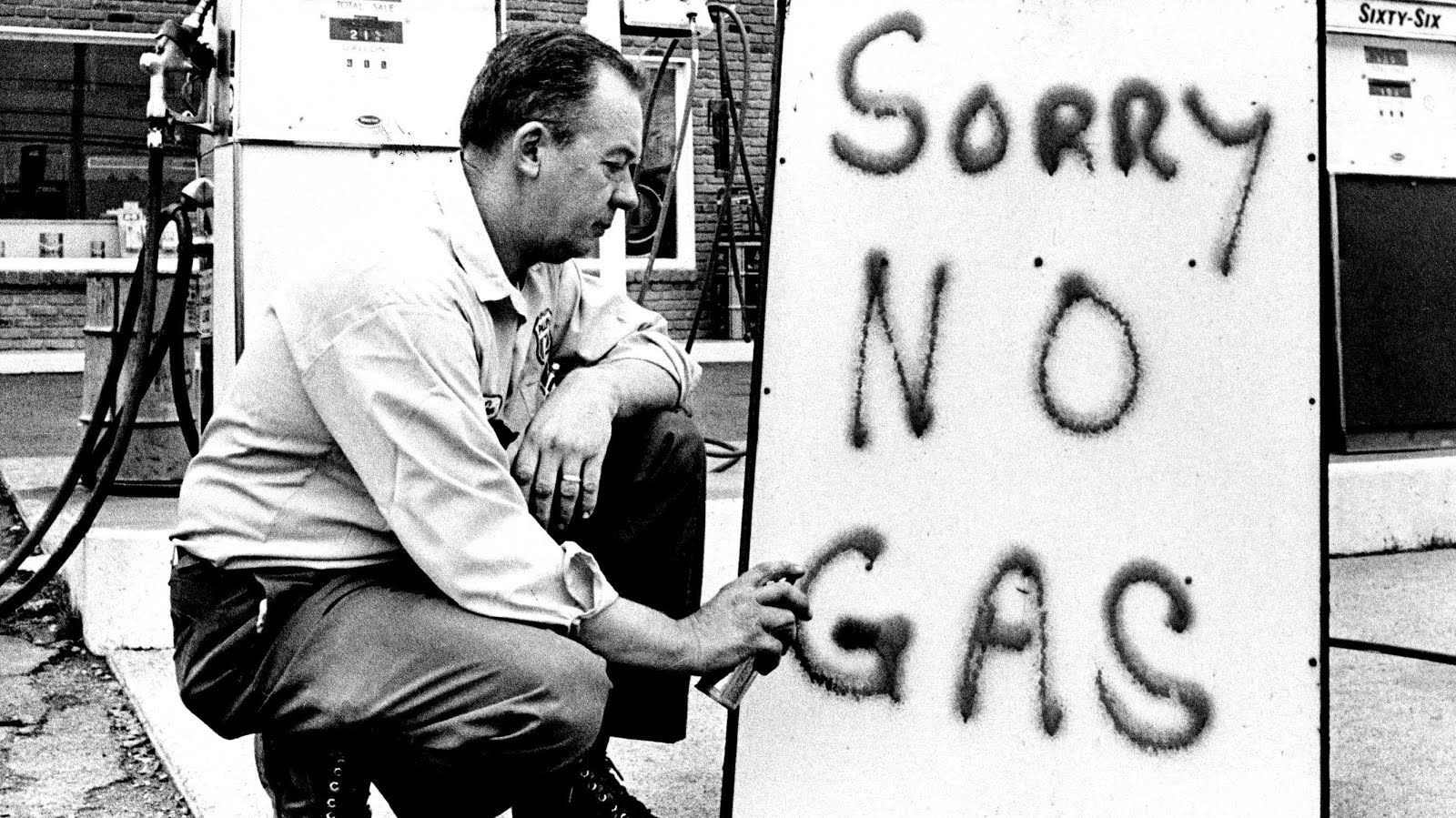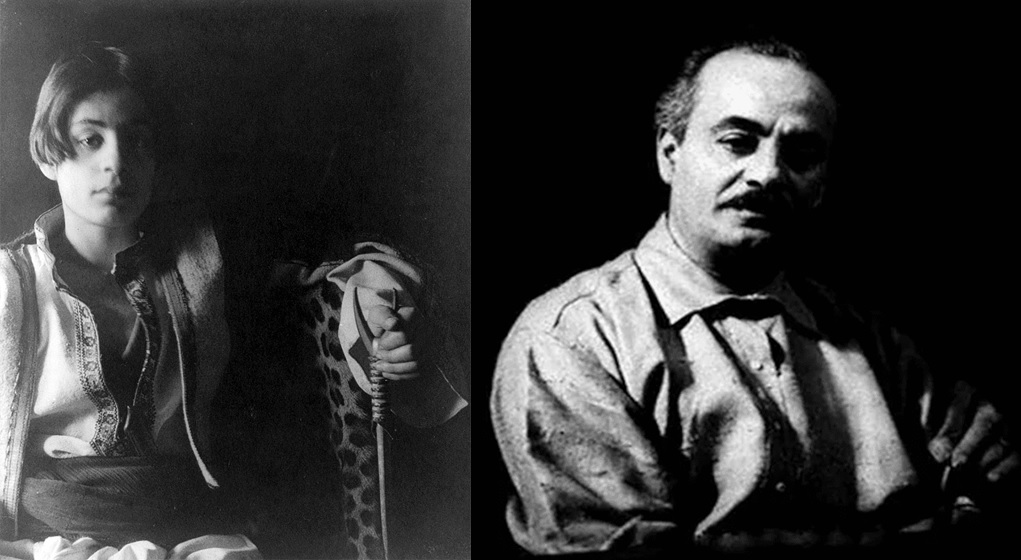
Violations against children in Lebanon have taken centre stage, proving to be a blatant, albeit implicit, declaration that Lebanon is a failed state, with its social protection programs acutely falling and its ability to protect children nowhere to be found.
By Zeina Allouche (PhD)
In the general understanding of what constitutes a state and its functions, it is understood that, apart from having sovereignty, security, and safety, it must be able to provide those most vulnerable, such as children, with the most basic needs.
Looking at the death of the little girl in Tripoli as a result of being raped, the sexual harassment of two children in Bekaa, the physical abuse of children in a daycare, the rape of a child in Akkar, and the discovery of two abandoned newborns, these are blatant signs that there is a declared war against children in Lebanon.
This is taking place in light of the government's and its institutions' inability to handle their responsibilities towards citizens, which range from providing social safety nets and early intervention, as well as holding offenders accountable, to countering the damage that children and their families are enduring.
The recent Village of Love and Peace scandal was another aspect of this war against children. The non-governmental organisation, based in Mount Lebanon, was involved in the abuse of children under its care and child trafficking for illegal adoption.
Nevertheless, this event is the tip of the iceberg, knowing that many associations similar to the Village of Love and Peace have quickly multiplied, are licensed by the state, and are involved in similar or different behaviours as the organisation. As such, the state is a witness and an accomplice to the crime.
The Village of Love and Peace was formed in 2020 to provide humanitarian, social, and development work, according to its official documents provided to the Ministry of Interior. The association works on helping and providing shelter to individuals at risk, specifically children aged seven and under.
In its mission and guidelines, Village of Love and Peace seeks to support children’s physical and psychological capabilities by strengthening their intellectual and educational skills, with the ultimate aim of helping them integrate into a supportive society and build a better future, and in general, following up on their health care and scientific and cultural progress.
So where is the state, the entity responsible for monitoring such institutions, in such a situation?
In a recent court decision issued by Judge Joelle Bou Haidar, the adjudicator in cases of juvenile delinquency and juveniles at risk in Mount Lebanon, it was mentioned that Norma Saeed, the director of the association, was aware that the two minors were sexually harassed.
She took them to a nightclub and then took them to stay at her house without court-ordered permission and going against the very rules of such association, forcing the two girls to clean her house.
Saeed essentially committed the crime of human trafficking by telling some families that some infants are under the association’s care by a court decision and can be adopted without having to resort to court. She would do this by forging the documents with the help of mayors and hospitals in return for sums of money. She even lied to the court, saying that she had two infant children under her care when she handed them over to two families without the court’s knowledge and any legal justification.
It is noteworthy to praise Judge Bou Haidar’s decision and her victory for the children placed in the Village of Love and Peace's custody, primarily through her closing down the association and prosecuting the director in hopes of holding all those involved accountable.
The same questions are now open to the work of all organisations that still employ the same practices as the Village of Love and Peace, turning a blind eye and keeping silent in light of such violations.
International reports, particularly on international care standards, point out that the institutional care model adopted by associations like the Village of Love and Peace has failed to provide the minimum requirements for family care for children.
This is especially noticed through the rise in the percentage of children who have been sexually abused, an increase in the violations existing within such associations, and the failure of the youth who have left these environments to achieve self-sufficiency and self-dependence. As such, they are more prone to run-ins with the law.
It has also been noted that the impact of institutional care can extend to the following generation, as data in Canada indicates that 40 per cent of children in the care system come from families that have been in the care system themselves. Just a few days ago, the director of children’s villages issued a public apology to the child victims of sexual abuse, mistreatment, exploitation, and corruption in children’s villages in many countries.
The apology came in light of a report issued by an impartial investigative body investigating violations within the care of such villages in several countries, including Lebanon. But is an apology enough?
On the issue of child trafficking through illegal adoptions, between 2014 and 2019, Badael documented the testimonies of many people who were adopted during the Lebanese Civil War. A database concerning 3,471 adoptees, including documents, birth and death certificates, photographs, and accounts of biological families, clearly indicates the reality of child trafficking during the Lebanese Civil War and beyond.
An illegal trade, at its core, involves forging documents and files related to adoption, such as passports, family names, clinics, orphanages, and date or place of birth. Monasteries, orphanages, charities, doctors, lawyers, notaries, and mayors have contributed to this trade, in addition to war-time gangs that were involved in the business of weapons, drugs, and perhaps human organs. Some documents indicate that the adoption process cost could reach $100,000.
Some of the information currently being analysed involves names of people or authorities that had contributed to the kidnapping of infants or the forgery of their death certificates, which indicate that the children died in the hospital when they were adopted into foreign families.
This happened under the cover of charitable work, social institutions, warlords, and brokers. Whether in the past or the present, Lebanon’s children are caught in the middle of the same war, stripping them of their rights and putting them in the face of danger.
This article was published by Daraj, an independent media platform where Arabic speakers are offered an alternative kind of journalism, free from political funding and influence, which controls other mainstream Arab media institutions.






